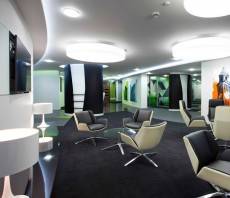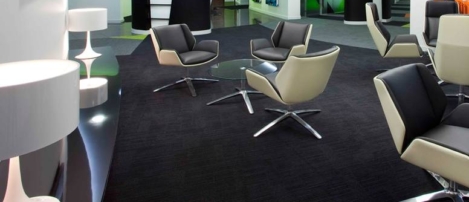September 21, 2015
New study highlights the key roles of real estate at UK’s top law firms 0
 The UK’s top law firms are spending more on their real estate and allocating more space to staff, following years of reductions. Those are two of the key findings of a new report from The Lawyer magazine and property consultants JLL. Around half of the UK’s Top 200 law firms shared detailed data with the study, which also incorporates publicly available information on transactions. The study also takes into account the links between real estate strategy and broader strategic, management and human resources issues. While the report says the amount of space dedicated to each lawyer has risen by 7 percent over the last two years and the costs of owning real estate have also risen markedly, it also describes how many firms are now actively using flexible working to reduce real estate costs.The report concludes with a speculative look at future trends, including the uptake of coworking space.
The UK’s top law firms are spending more on their real estate and allocating more space to staff, following years of reductions. Those are two of the key findings of a new report from The Lawyer magazine and property consultants JLL. Around half of the UK’s Top 200 law firms shared detailed data with the study, which also incorporates publicly available information on transactions. The study also takes into account the links between real estate strategy and broader strategic, management and human resources issues. While the report says the amount of space dedicated to each lawyer has risen by 7 percent over the last two years and the costs of owning real estate have also risen markedly, it also describes how many firms are now actively using flexible working to reduce real estate costs.The report concludes with a speculative look at future trends, including the uptake of coworking space.































September 21, 2015
Five essential office design trends to look for in the near future 0
by Tom Brialey • Comment, Facilities management, Flexible working, Workplace design
(more…)